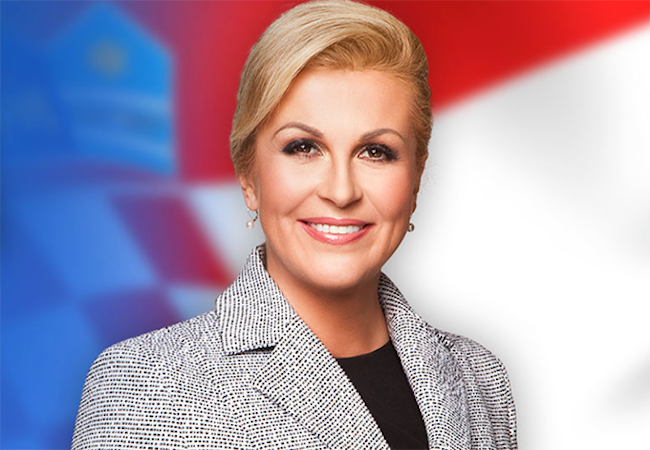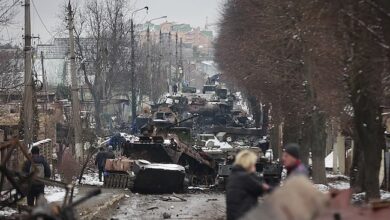
Croatian President Kolinda Grabar Kitarovic has lent backing to the idea of reintroducing compulsory military service, which some analysts see as potentially useful.
Croatian President Kolinda Grabar Kitarovic on Monday said she backed the reintroduction of compulsory military service for eight weeks.
Croatia abolished compulsory military service back in 2008 and Grabar Kitarovic floated bringing it back during the presidential campaign.
Several specialists said they could see the potential for the idea.
Igor Tabak, a military analyst from expert website Obris, said re-introducing military service could held communities to deal with natural disasters.
“Having a portion of young men and women trained as soldiers can be useful in the event of natural disaster, such as we have experienced with fires and floods,” Tabak told BIRN.
However, the idea was “only a rudimentary one mentioned by the President”, he noted, and any progress would depend on agreement with the government.
Voluntary military service for only four weeks already exists in Croatia, Tabak noted. He added that the proposed eight-week military service was probably too short.
“Eight weeks is not enough for these people to return what was invested in them, in terms of their work,” he explained.
Tabak observed that other countries in the region were considering the same idea. “Some countries in Europe, like Lithuania, have introduced military service while in Serbia there is a strong initiative to do the same,” he concluded.
Zagreb University Professor Petar Popovic said the initiative also reflected concern about the state of the Croatian armed forces.
It should be seen as part of an attempt to “restore the Croatian Army, which is in a very bad condition,” he said.
“In today’s circumstances, the restoration of the army through the introduction of compulsory military service is in the interests of the region, as it [the army] would be able to react more efficiently to critical security challenges, such as floods, fires and other disasters,” he remarked.
Popovic conceded that one problem might be feelings of mistrust among Croatia’s former Yugoslav neighbours, who might see it as an aggressive move in the light of the Balkan wars of the 1990s.
“Potential negative reactions from neighboring countries should be understood as a result of mistrust due to a number of unresolved issues since the war,” he concluded.




